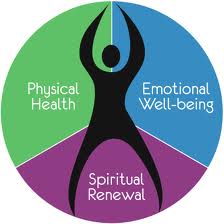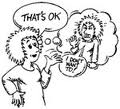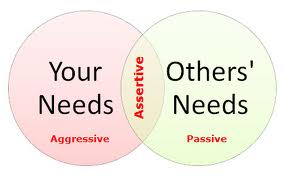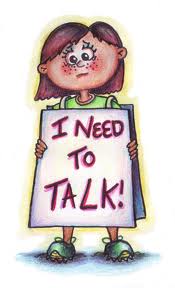H – Holistic
Traditionally, one of the biggest differences between the eastern and the western approach to healing, was that here in the west, illness and disease were treated in isolation, whereas in the east, a holistic approach was taken. My 35 years-old Pocket Oxford Dictionary doesn’t even contain the word holistic! However, the concept is more popular now, so what does it actually mean?
The definition of holistic (according to the current Cambridge Dictionary) is “dealing with or treating the whole of something or someone and not just a part”. When we talk of a holistic approach then, we mean that we are looking at, not just the physical whole of the individual but, the emotional, psychological, social and spiritual aspects as well.
When a client or patient is treated using this approach, all parts of the individual are considered and taken into account. When, for example, we are anxious, there is a distinct inter-play between the body and the mind: the body may be sweating, the heart will be beating faster than usual, the throat may close up and breathing becomes more shallow and speeds up. At the same time, our thoughts become more confused and begin to spiral out of control, leading to an emotional reaction, as feelings of panic, disorientation, lack of control, etc all combine with the physical symptoms causing feelings of being ‘out of sync’ and general distress. So anxiety is neither just a physical condition, nor is it just psychological either.
into account. When, for example, we are anxious, there is a distinct inter-play between the body and the mind: the body may be sweating, the heart will be beating faster than usual, the throat may close up and breathing becomes more shallow and speeds up. At the same time, our thoughts become more confused and begin to spiral out of control, leading to an emotional reaction, as feelings of panic, disorientation, lack of control, etc all combine with the physical symptoms causing feelings of being ‘out of sync’ and general distress. So anxiety is neither just a physical condition, nor is it just psychological either.
It is now generally recognised that no part of the mind or body is separate from the Whole and so every aspect of an individual must be taken into account and treated accordingly. When western medical practice is partnered with an eastern approach, it is felt that the individual is given the best possible treatment and the outcome is considered to be a great deal more favourable.

 All too often we put ourselves on the line and over-extend ourselves in order to help somebody else conserve their time and energy! Of course there is nothing wrong in helping somebody because you want to and you choose to. A problem exists when you would prefer to say “no” but find yourself saying “yes”. Stress, anxiety and burnout are common allies of people who haven’t learned how to say “no” appropriately.
All too often we put ourselves on the line and over-extend ourselves in order to help somebody else conserve their time and energy! Of course there is nothing wrong in helping somebody because you want to and you choose to. A problem exists when you would prefer to say “no” but find yourself saying “yes”. Stress, anxiety and burnout are common allies of people who haven’t learned how to say “no” appropriately.

